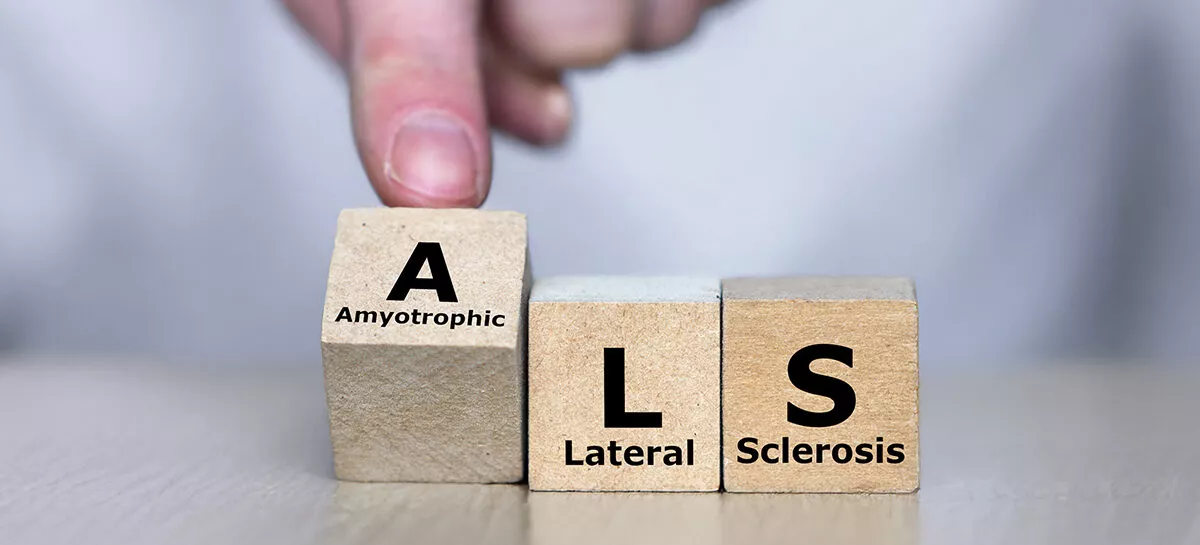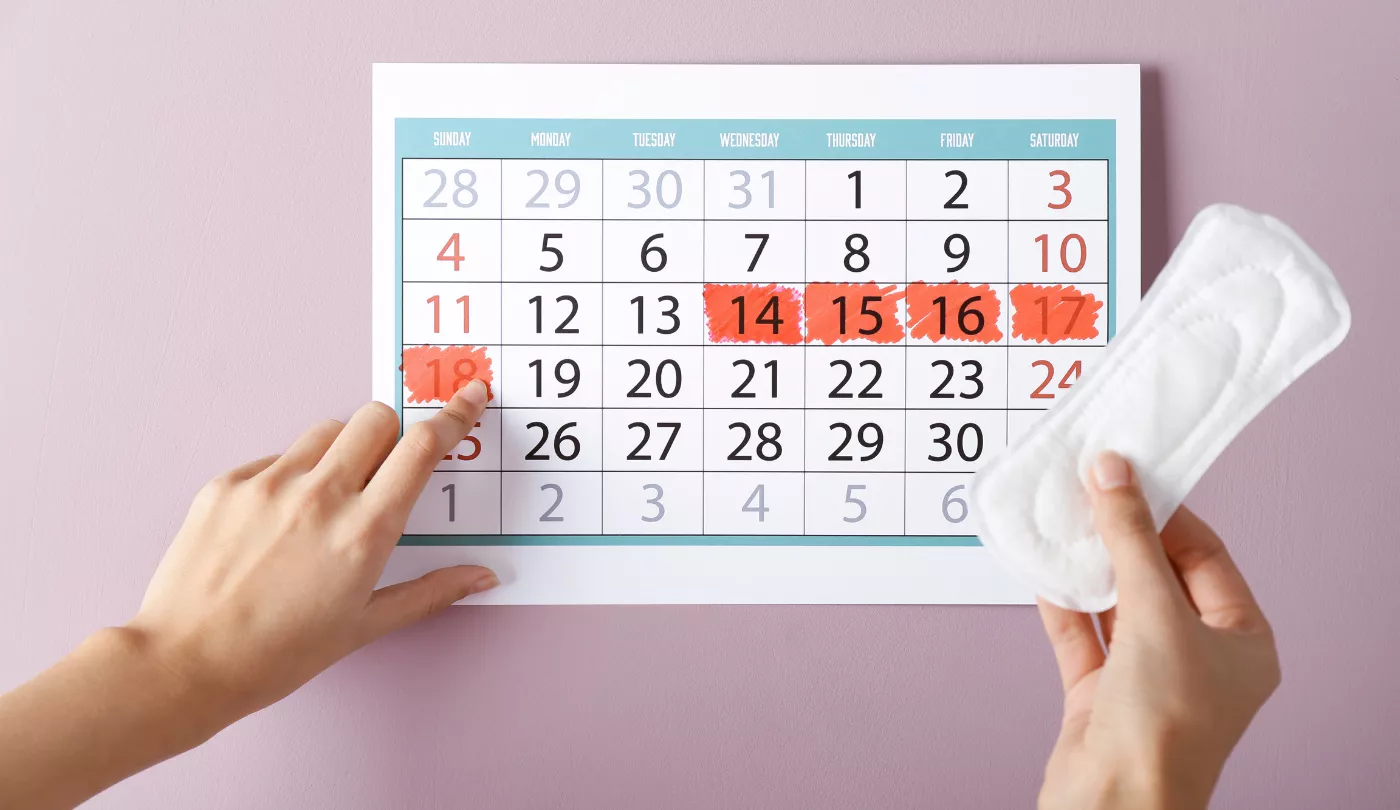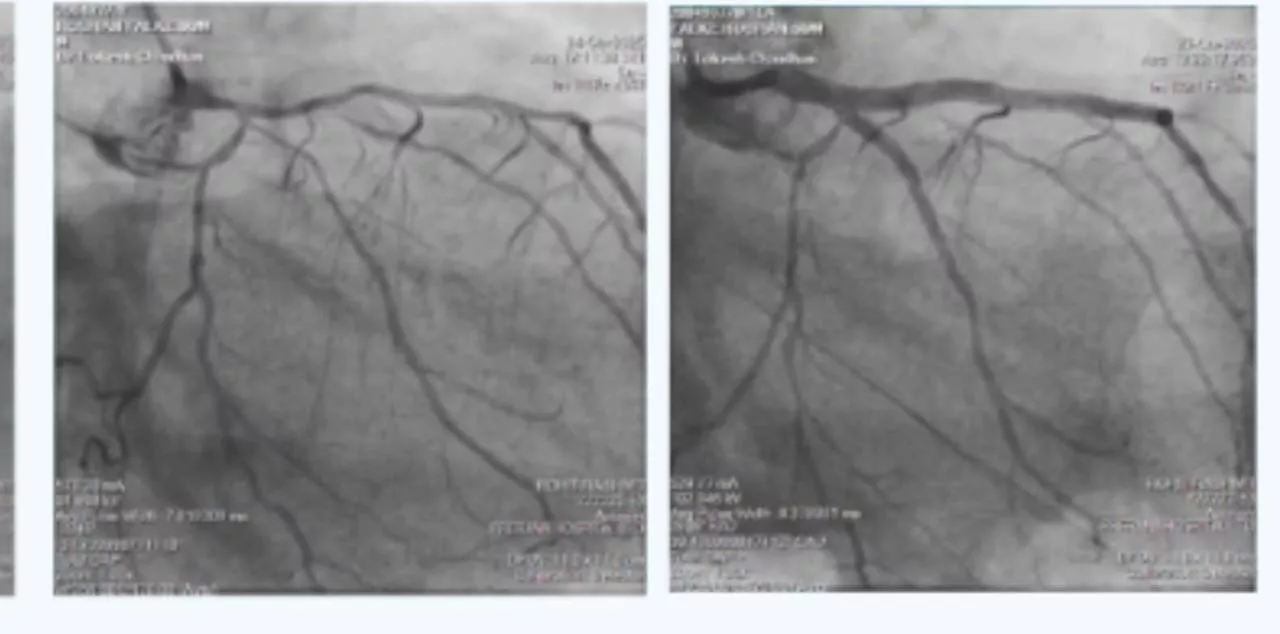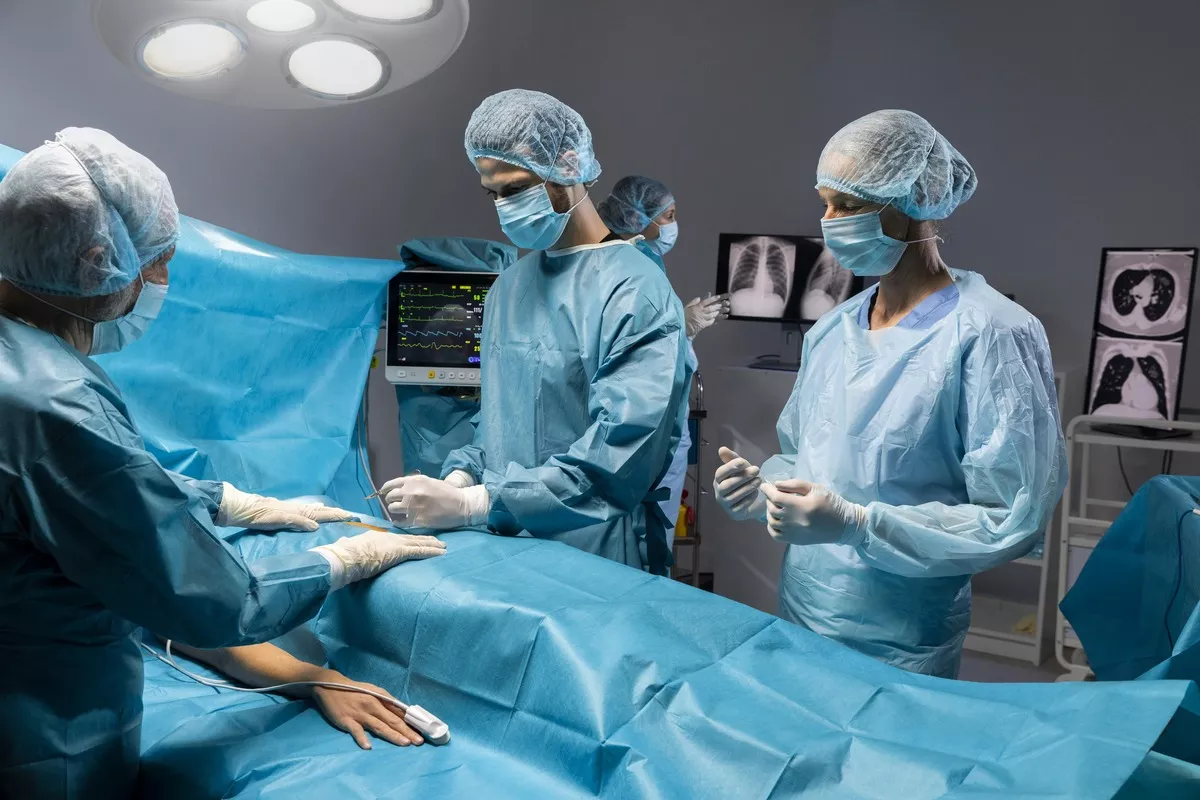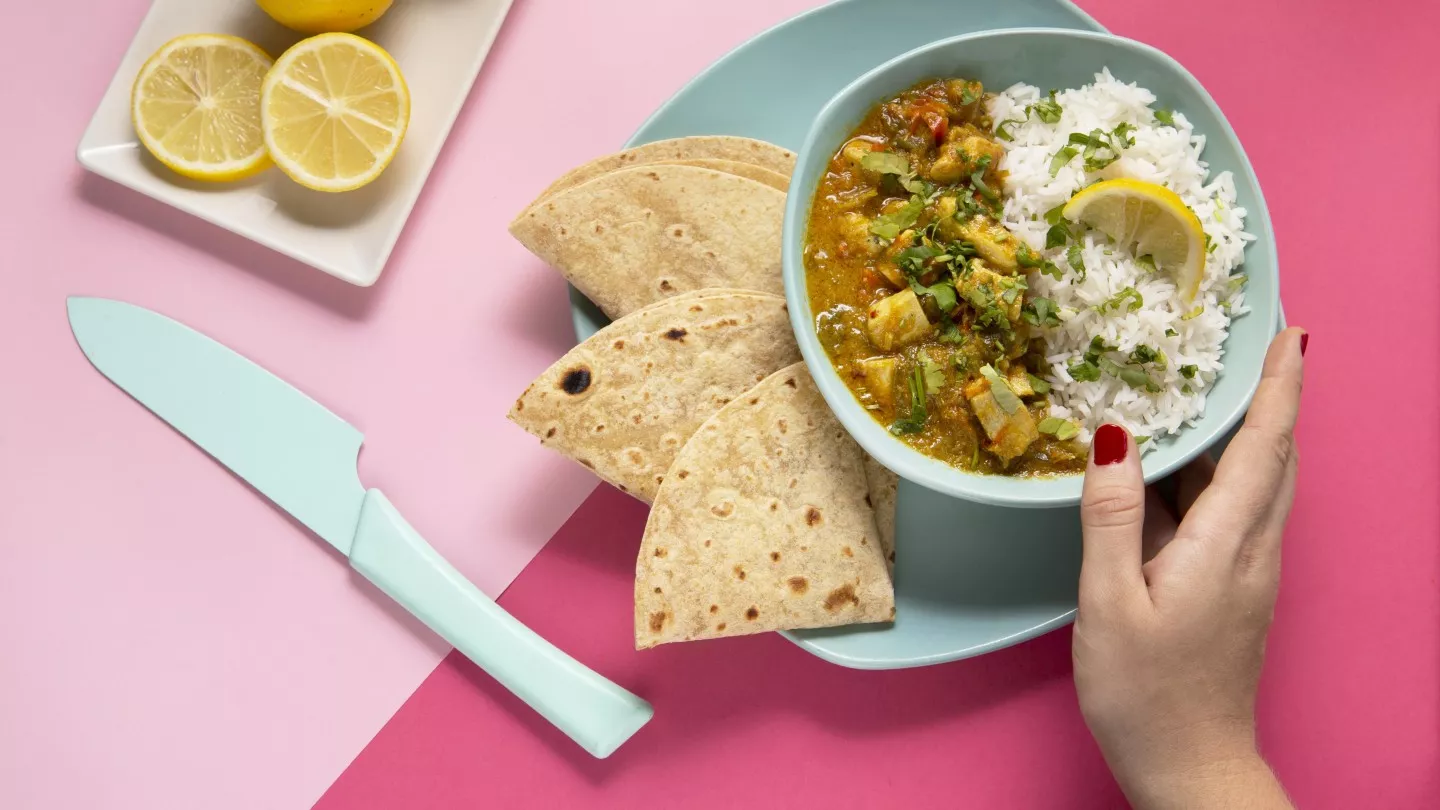Bariatric surgery is a life changing procedure for many affected by severe obesity. It can assist in weight loss, metabolic health, and decrease the risk of chronic complications like diabetes, high blood pressure, and heart disease. However, the surgery is not the only solution.
The food you consume and the way you change your lifestyle are critical to long-term success. An adequate bariatric surgery diet heals your body, aids in weight loss, and avoids complications. After surgery, it is important to know what to eat, when to eat and how much to eat to get the best results.
When you are planning or recovering after bariatric metabolic surgery in India, it is important to know your food choices after the surgery. Join us as we provide a complete meal plan breakdown recommended after bariatric surgery.
Why Diet Is Crucial After Bariatric Surgery
The operation alters the functioning of your digestive system. Your stomach is made a lot smaller, and in other cases, the intestines are modified in such a way that they absorb fewer calories. This makes you feel fuller and controls your appetite.
However, you can fail to obtain the nutrients that your body requires without a structured diet. Discomfort or bariatric surgery side effects (nausea, vomiting, dumping syndrome, and nutritional deficiencies) can also be caused by poor eating habits. The aim is to recover well, prevent complications and introduce healthy foods slowly.
Stage 1: Clear Liquid Diet (Days 1 to 3)
Right after surgery, your stomach needs time to heal. During this stage, you will only consume clear, sugar-free liquids. Approved options include:
- Water
- Clear broth
- Unsweetened herbal tea
- Sugar-free gelatin
- Electrolyte drinks without carbonation
Avoid caffeine, carbonated drinks, and sugary juices. Sip slowly and aim to stay hydrated without overfilling your stomach.
Stage 2: Full Liquid Diet (Week 1 to 2)
Once your doctor confirms healing is on track, you can shift to a full liquid diet. This includes liquids with some nutritional value. Suitable options:
- Protein shakes
- Skim milk or unsweetened almond milk
- Low-fat yoghurt
- Strained soups
- Pureed fruits in small amounts
Focus on high-protein liquids to maintain muscle mass. Drink in small sips and stop if you feel full. Aim for 60 to 80 grams of protein per day.
Stage 3: Pureed Foods (Week 3 to 4)
At this stage, you can start eating soft, blended foods. Everything should be smooth, with no chunks or solid pieces. You can include:
- Mashed vegetables
- Pureed lean meats like chicken or fish
- Scrambled eggs
- Smooth cottage cheese
- Cooked cereals like oats
Chew slowly and stop at the first sign of fullness. Continue protein-rich meals and avoid fried or spicy foods.
Stage 4: Soft Foods (Week 5 to 6)
Your stomach is now healing well and ready for soft, solid foods. Introduce new items slowly to observe how your body reacts. Good soft food choices:
- Soft-cooked vegetables
- Ground or shredded lean meat
- Steamed fish
- Eggs in any soft form
- Fresh fruits without skin or seeds
Eat small meals four to six times a day. Avoid drinking fluids with meals to prevent overfilling the stomach.
Stage 5: Regular Bariatric Diet (After Week 6)
By this stage, you can return to eating regular foods, but your portion sizes will be much smaller. Focus on lean protein, vegetables, and whole grains. Your daily plan should include:
- Protein first, in every meal
- Two to three servings of vegetables
- Limited complex carbs like brown rice or oats
- Healthy fats in moderation, such as olive oil or avocado
- No sugary snacks or high-fat fast foods
Avoid alcohol, fizzy drinks, and processed items. Follow your nutritionist's guidelines to ensure balanced meals.
Long-Term Eating Habits After Surgery
Even after recovery, your eating habits will need to stay structured. Some lifelong adjustments include:
- Eating slowly and chewing thoroughly
- Avoiding distractions like screens while eating
- Taking vitamin and mineral supplements daily
- Drinking at least 1.5 to 2 litres of water between meals
- Listening to hunger and fullness cues
These changes are vital to maintaining weight loss and preventing bariatric surgery side effects such as dumping syndrome or malabsorption issues.
Dealing with Common Side Effects
Some patients experience side effects after bariatric surgery. These can include:
- Nausea after eating too fast or too much
- Constipation due to low fibre intake
- Hair thinning from protein deficiency
- Fatigue or dizziness linked to low iron or B12 levels
Most of these can be managed through your diet. Regular check-ups with a bariatric metabolic surgery in India specialist ensure your blood work and nutrient levels are monitored closely.
The Role of Professional Guidance
Your bariatric journey does not end in the operating room. A registered dietitian and a multidisciplinary medical team are crucial to your success. They will help you follow the right meal plan, avoid complications, and adjust your diet as your body changes. If you are unsure about what to eat or are experiencing discomfort, reach out to your doctor immediately. Do not make changes on your own.
Conclusion
A successful outcome after bariatric surgery depends on how well you adapt to your new dietary needs. A structured bariatric surgery diet helps you heal, lose weight, and stay healthy. Each stage of the plan is important, from clear liquids to solid foods.
Staying mindful of portions, choosing the right nutrients, and following up with your care team can prevent complications and reduce bariatric surgery side effects. If you are planning or recovering from bariatric metabolic surgery in India, trust your doctor and follow the plan step by step. The right meal plan makes all the difference in long-term success.


